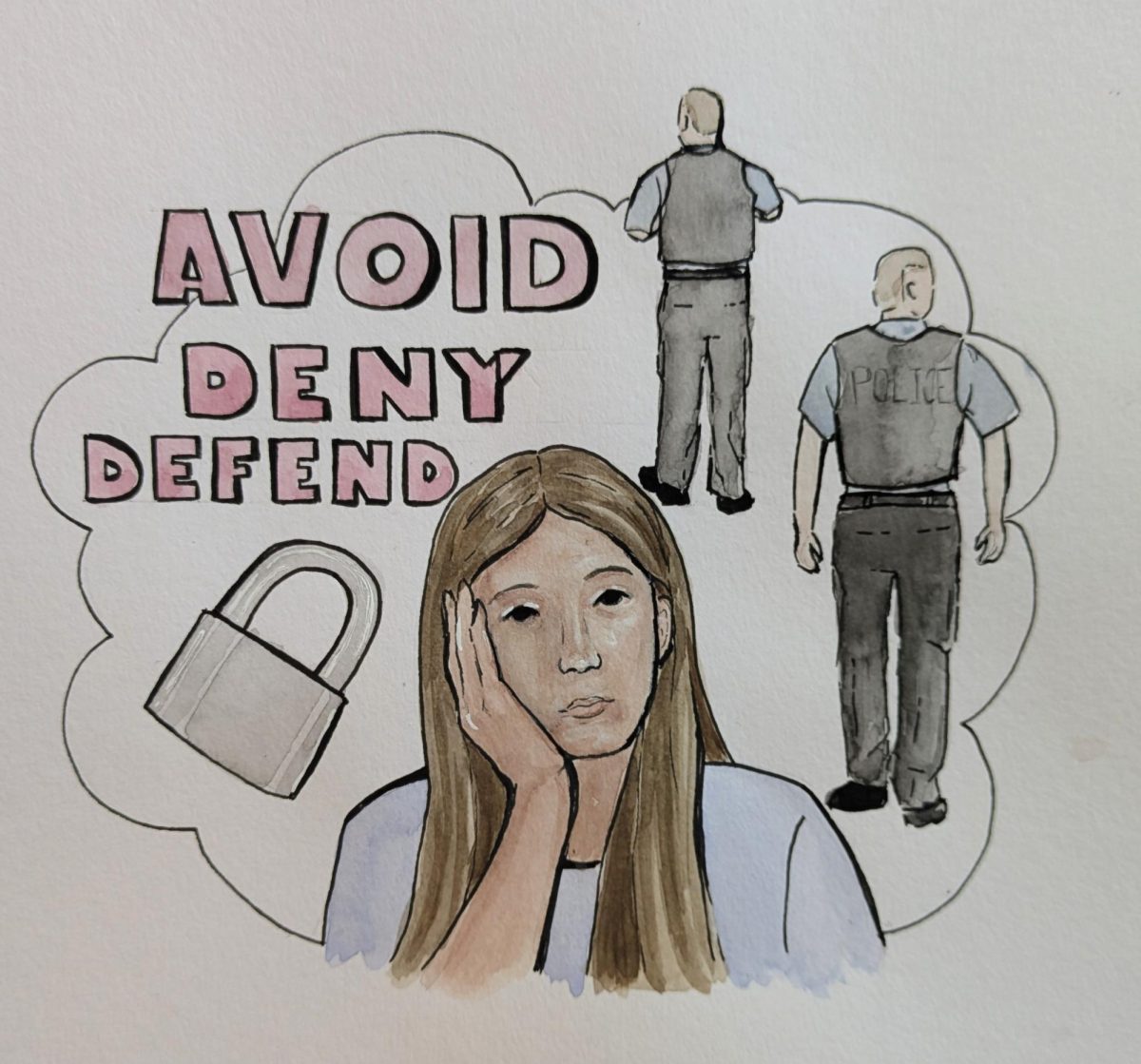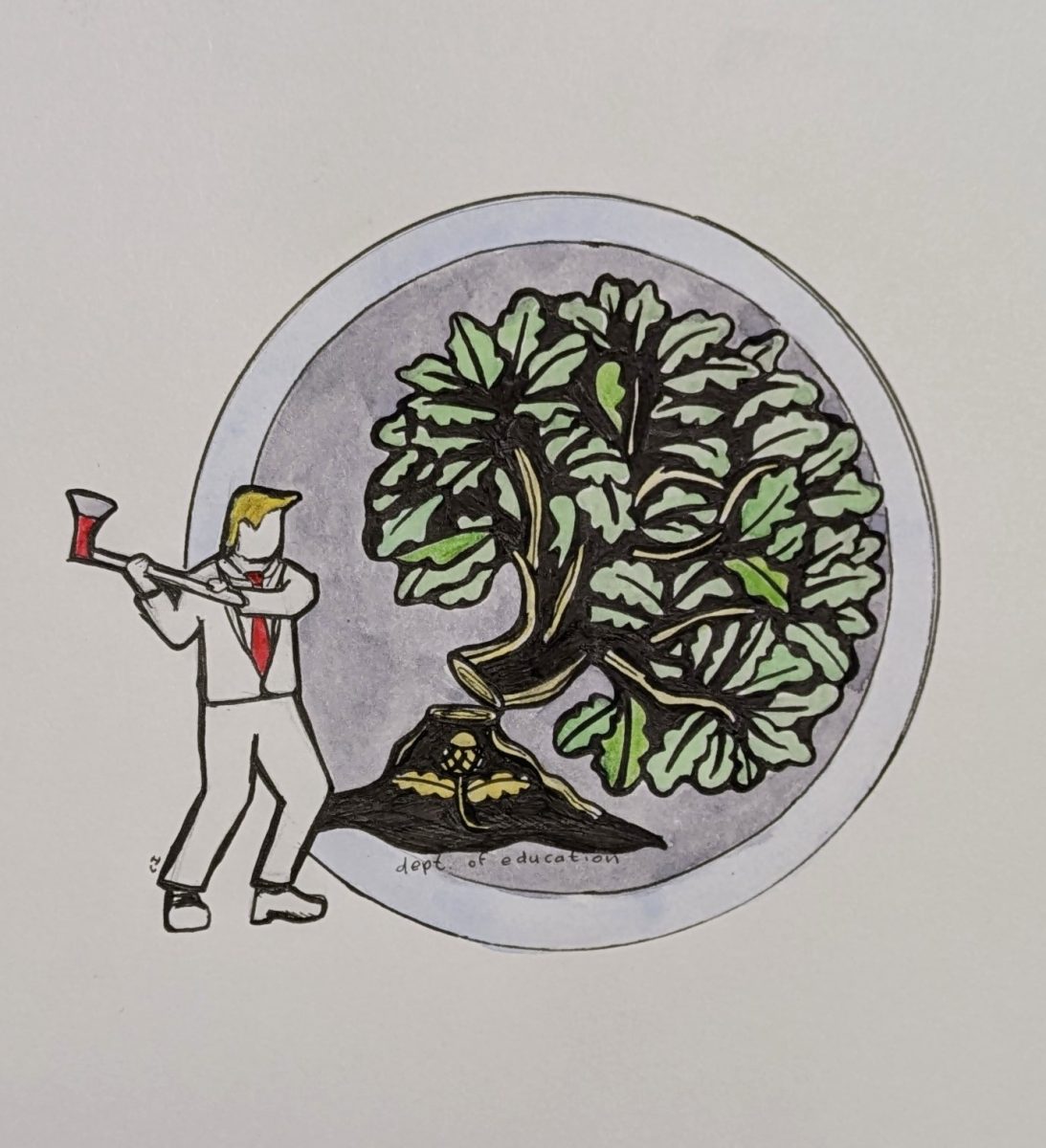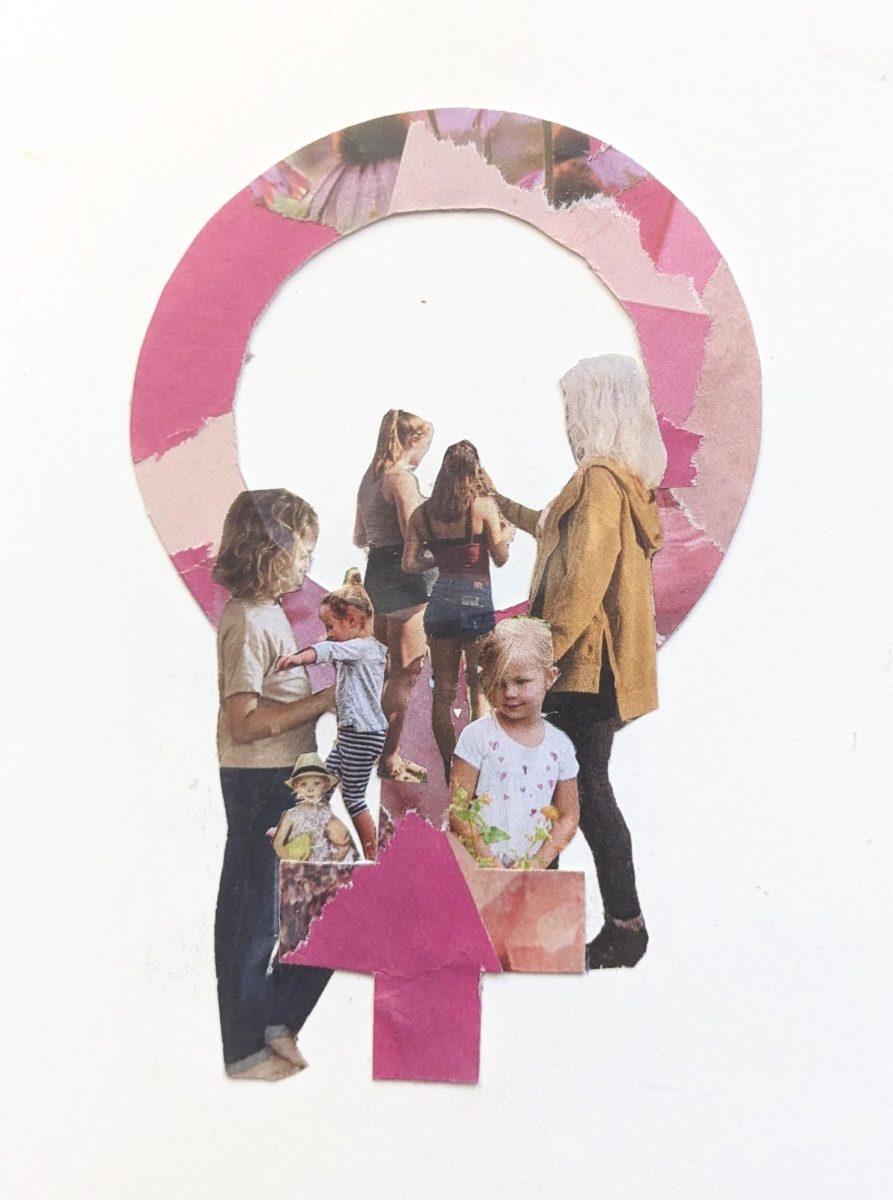“Speech, religion, press, assembly,” Amy Coney Barrett said. “What am I missing?”
During her confirmation hearing to secure a seat on the Supreme Court last month, Barrett was asked by U.S. Sen. Ben Sasse, a Republican, to name the five freedoms of the First Amendment. Studying law and the Constitution to such an extent should mean a question like this would be easily answered by someone nominated for the SCOTUS.
But for Barrett, it was a struggle to answer a question so basic. And to forget the right to petition during this politically charged time is, quite frankly, embarrassing. Most of her answers during her confirmation hearings had the same vague and disillusioned tone as that, making her appear unfit for the seat.
Barrett has originalist ideals, meaning she interprets the Constitution as she feels the writers intended, pushing her further right on the political spectrum. She studied beneath Antonin Scalia, also notable for his originalist views. Originalists fail to see the true intent of the authors of the Constitution, which is that the living document was drafted to advance and change with the country– not keep citizens bound by the ideas that were pertinent in 1787. However, what is more concerning is Barrett’s lack of experience in the practice of law.
Though her studies at Notre Dame University serve as an impressive feat, she lacks judicial experience, having only held her seat on the US Court of Appeals for the Seventh Circuit since 2017. To be fair, she keeps an outstanding record in academia, teaching law for 15 years. But teaching cannot substitute the actual practice of law. Teaching merely reflects practice, but it hardly serves as a replacement for litigation.
Not to state the obvious, but Barrett’s addition to the nation’s highest court threatens the future of Democrats and minorities. The majority of judges are conservative, as opposed to the balance that was maintained by the late Ruth Bader Ginsburg, and now control the court with a 6-3 hold. Meaning, if a SCOTUS case was ruled with a liberal interpretation of the constitution, it risks being overturned through a new case. For example the historic landmark case Brown V. Board of Education overturned the precedent of “Separate but Equal” that was established by the ruling in Plessy V. Ferguson. Overturning that decision sits as an accomplishment to the court, but with civil unrest and a social push for progressive ideas, the new conservative-heavy court could have more regressive outcomes from overturned cases.
To fill the seat of Ginsburg, arguably the most influential and progressive justice, with a woman so regressive in her beliefs is flat-out egregious. Barrett has made it clear that she is a devout Catholic; while she must abide by her oath to the office, she also stands by the church’s teachings.
It’s outright antithetical for a justice to so brazenly violate the establishment clause of the first amendment.
Incorporating religion into her law practice accompanied by an already conservative political standing will affect women’s reproductive rights and the progress made for the LGBTQ+ community. Barrett openly criticized the ruling in Roe V. Wade in a 1998 Notre Dame Law School article, claiming that abortions are always immoral and inherently anti-Christian. She has also pushed against the Affordable Care Act’s requirements of provided contraceptive access, and in a letter objected to the Act, she regarded the obligation as “a grave violation of religious freedom.”
With Barrett on the court, it will still be virtually impossible to completely reverse the precedent set in Roe V. Wade, but restrictions in regards to the procedure will likely be tightened. Women who wish to obtain an abortion may be presented with an undue burden that was previously opposed by the Roe precedent.
For the LGBTQ+ community, Barrett poses a threat to their rights that have only recently been allotted. Barrett made points prior to her Supreme Court nomination that directly oppose the ruling in Obergefell V. Hodges, which legalized same-sex marriage in the 50 states. She stands firm in her beliefs that it was an inappropriate use of federal power to make a decision regarding marriage. Nor is she in support of the protection of transgender individuals in the workplace, schools, or public facilities.
As an ally for the LGBTQ+ community and an advocate for the pro-choice movement, seeing her on the bench shakes me to the core. When a judge is not partial to the subject of an appeal, they typically sit out for the ruling and don’t partake in the examination of the case. However, at her confirmation hearing, Barrett tried to come off as though she has no preconceived notions in relation to LGBTQ+ rights or reproductive healthcare; but given her past conjectures, this does not stand.
President Donald Trump used this empty seat to advance his own personal and political agenda, even if it was not an outright move. Trump strategically filled the vacant court seat with a woman to try to come off as progressive and respectful in the wake of Ruth Bader Ginsburg’s death. But in doing so, he found a woman who’s ultimate intentions would be to undermine the rights of US citizens.











